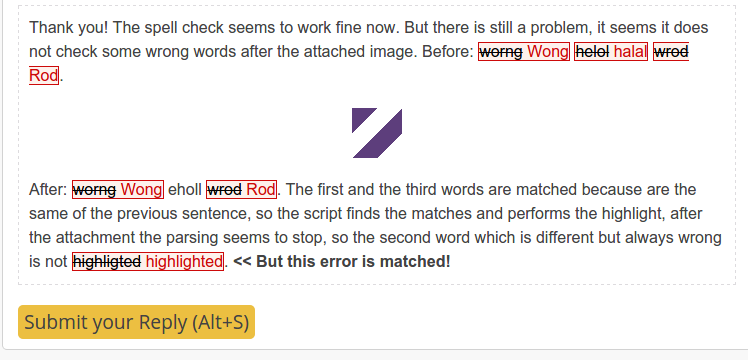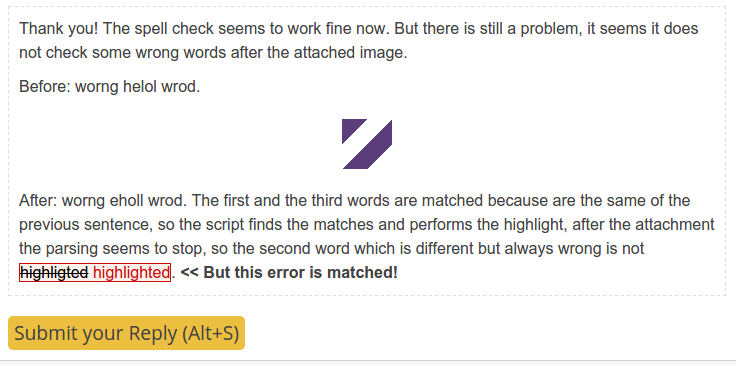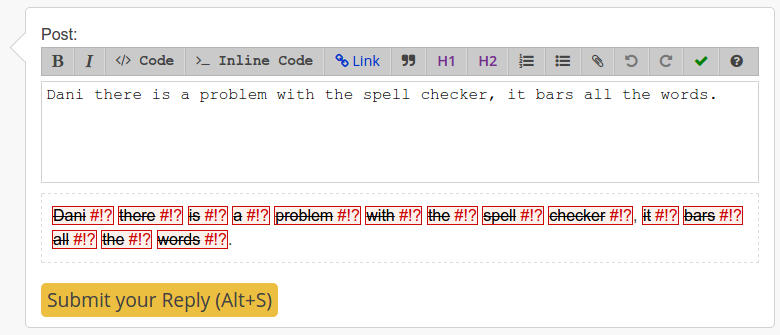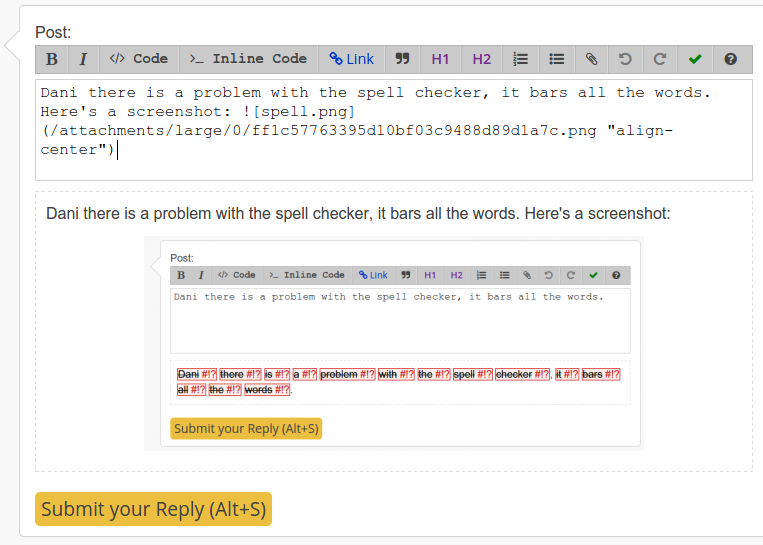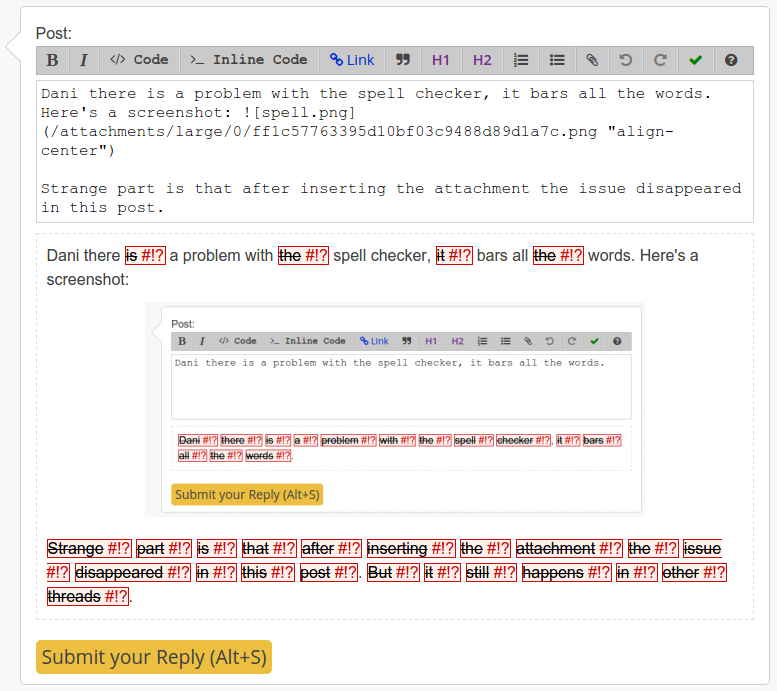Hi,
to verify if your setting is applied you can use:
echo ini_get('max_execution_time');
Questions:
- The timeout error is at PHP or database level?
- Can you paste the error message and error code here?
- And, if pertinent, which database and version of it, are you using?


